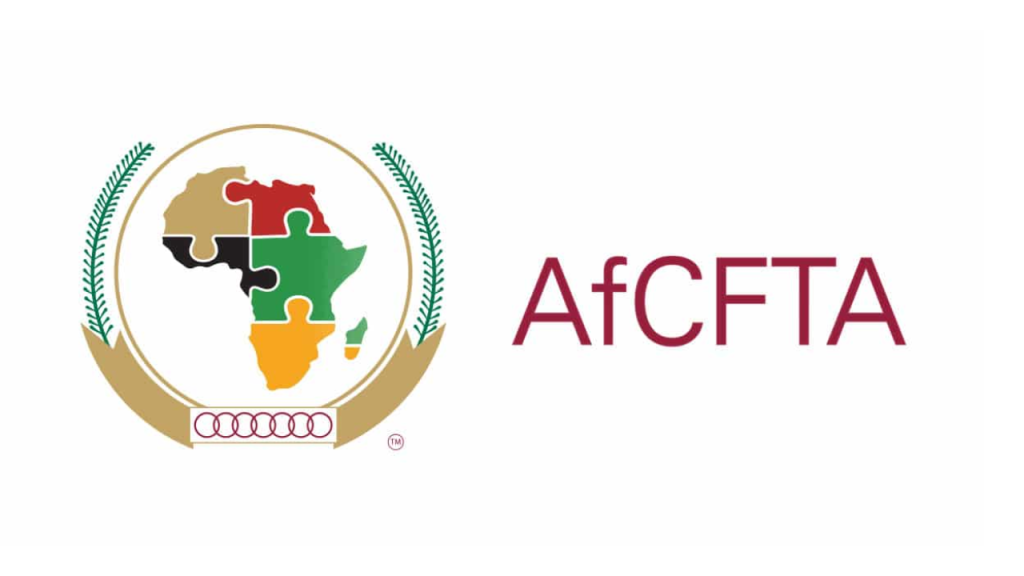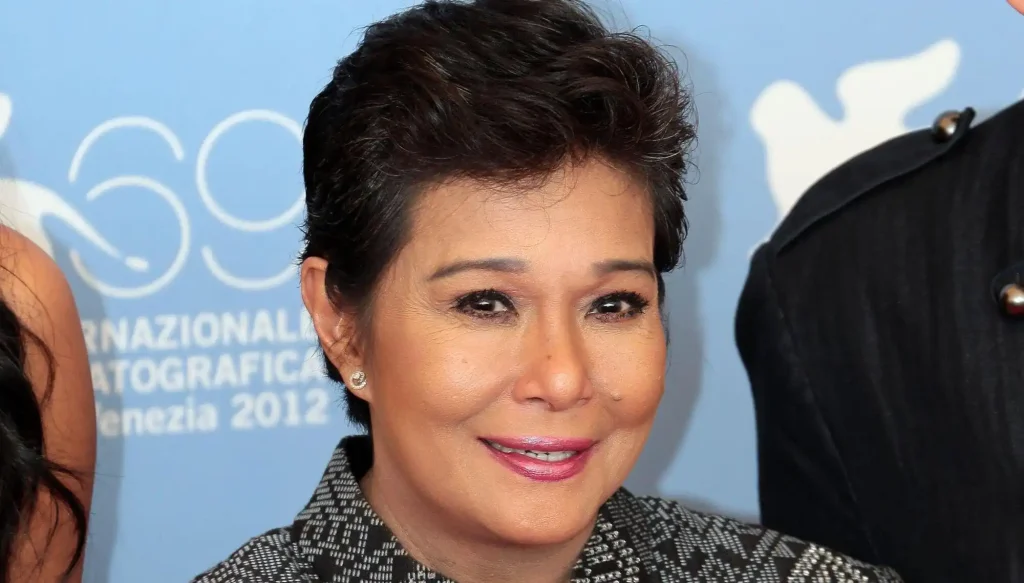Nigeria has officially submitted its ECOWAS Tariff Offer to the African Continental Free Trade Area (AfCFTA), committing to eliminate tariffs on 90 percent of goods traded within Africa. The announcement, made during the AfCFTA Council of Ministers meeting in Kinshasa, Democratic Republic of Congo, marks a significant leap toward economic integration across the continent.
President Bola Ahmed Tinubu signed the ECOWAS Tariff Schedule on behalf of the country, signaling Nigeria’s determination to actively shape Africa’s trade landscape. According to officials, this move underlines Nigeria’s growing ambition to lead intra-African trade and industrial development.
Government Backs Nigerian Businesses for Regional Expansion
Following the submission, Minister of Industry, Trade, and Investment, Jumoke Oduwole, described the decision as a strong vote of confidence in Nigeria’s entrepreneurial ecosystem. She highlighted that Nigerian businesses, especially small and medium enterprises, are now better positioned to access new markets and scale operations beyond borders.
“As we reflect on five years of AfCFTA implementation, it’s clear Nigerian entrepreneurs are more than ready to expand across Africa,” Oduwole stated. “Their resilience and determination continue to drive economic growth.”
She reaffirmed that the government will continue to support local businesses in expanding regional supply chains and developing cross-border trade partnerships. “We welcome investors and producers from across the continent to our market, and we are equally proud to send Nigerian-made goods abroad,” she added.
AfCFTA Opens Massive Market Potential for Nigeria
The African Continental Free Trade Area, which links 54 countries into a single market of 1.4 billion people with a combined GDP of $3.4 trillion, presents enormous opportunities for Nigeria. As one of Africa’s largest economies, Nigeria now stands to benefit significantly from wider market access and tariff-free trade across the continent.
Oduwole explained that the tariff agreement enables Nigerian businesses to earn more foreign exchange and reduce dependency on volatile currency markets. “This is an avenue for our exporters to thrive and gain competitive advantage within Africa,” she said.
Digital Trade and Innovation at the Forefront
Oduwole also spotlighted Nigeria’s growing influence in digital trade and service-based industries. She noted that the country remains a frontrunner in developing digital frameworks for commerce, which will play a crucial role in maximizing the benefits of AfCFTA.
“Nigeria continues to lead the way in digital trade policy, ensuring that value remains on the continent while supporting long-term prosperity for African citizens,” she said.
This focus on digital trade comes at a time when many African countries are seeking to diversify away from commodity dependence by embracing tech-enabled economies.
Strengthening Resilience Amid Economic Headwinds
The tariff elimination comes as Nigeria grapples with rising inflation, foreign exchange shortages, and currency instability. By cutting tariffs on the majority of intra-African goods, the government aims to lower costs, encourage local production, and build export capacity.
With implementation efforts gaining momentum, Nigerian officials remain optimistic that the AfCFTA will promote inclusive growth across the region.
“This is a collaborative effort,” Oduwole concluded. “Every country, every entrepreneur, and every business community across Africa has something to gain. It’s a step toward shared prosperity.”













